Continuing the program of the 7th Conference of National Assembly Deputies working full-time, on the morning of March 26, delegates discussed the draft Law on Special Consumption Tax (amended).
Reporting on some basic contents in explaining, accepting and revising the draft Law, the Standing Committee of the Economic and Financial Committee said that there were opinions suggesting adding non-taxable objects such as gasoline and air conditioners because these are essential goods.
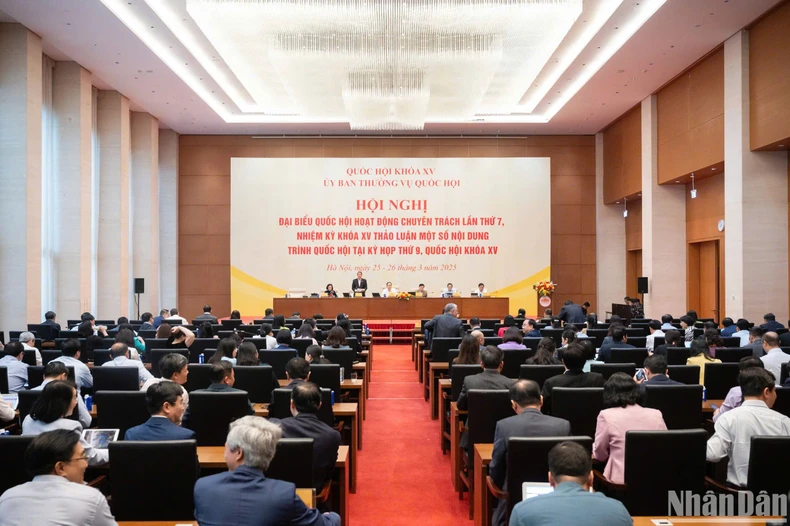
Scene of the morning meeting on March 25. (Photo: DUY LINH)
According to the inspection agency, in terms of gasoline, in Vietnam, gasoline has been subject to special consumption tax since 1995. To encourage the use of biofuel, the Law on Special Consumption Tax has stipulated a preferential tax rate for E5 gasoline of 8% and E10 of 7% (lower than the 10% tax rate applied to mineral gasoline).
This provision is consistent with the objective of special consumption tax which is to regulate consumption of goods that need to be used economically and is consistent with international practice.
In addition, in the context of environmental pollution and climate change being global issues, the Vietnamese Government's commitment at the COP26 Conference to achieve net zero emissions by 2050, along with other solutions, the current collection of special consumption tax on gasoline (including E5 and E10 gasoline) is appropriate, contributing to reducing emissions and orienting economical consumption.
Therefore, the receiving and explaining agency requests to keep it as the draft Law.
Regarding air conditioners, the Standing Committee of the Economic and Financial Committee stated that the collection of special consumption tax on air conditioners with a capacity of 90,000 BTU or less is being applied stably to raise awareness about limiting consumption as well as orienting consumption to save electricity and protect the environment.
However, as the National Assembly delegates stated, the demand for refrigeration and air conditioning equipment in our country is increasing and becoming popular to meet the normal needs of people in conditions of increasingly high temperatures. Therefore, taking into account the opinions of the National Assembly delegates, the drafting agency is considering a plan to limit the scope of air conditioning products subject to special consumption tax.
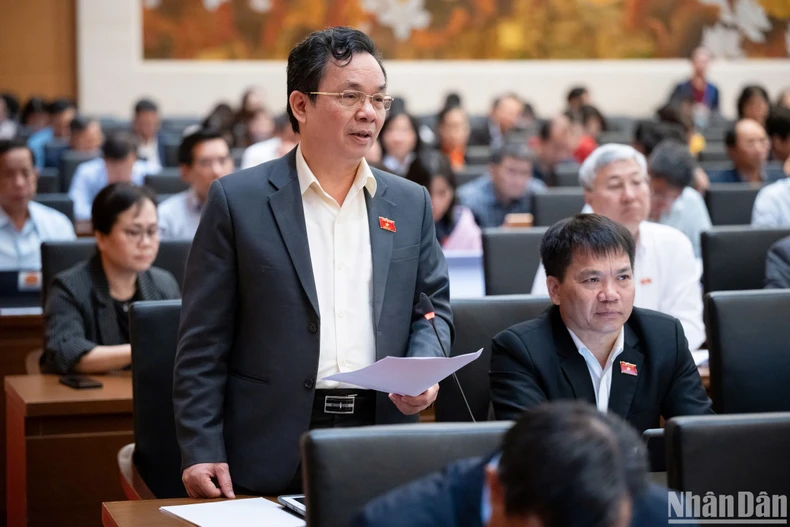
Delegate Hoang Van Cuong (Hanoi delegation). (Photo: DUY LINH)
Disagreeing with the above plan, delegate Hoang Van Cuong (Hanoi delegation) said that "limiting the scope" means still taxing air conditioners.
According to the delegate, the main goal of the Law on Special Consumption Tax is to change consumer behavior, limit the consumption of products that are harmful to health and have negative impacts on the public, and shift those behaviors to a more beneficial alternative consumer product.
“Air conditioners are popular consumer products and there is no substitute. Even if they are taxed highly, they will still be used. Even if certain subjects are restricted, their behavior will not change,” delegate Hoang Van Cuong analyzed and proposed to remove this item from the taxable category.
Sharing the same view, delegate Nguyen Truong Giang (Dak Nong delegation) emphasized that the tax must be in accordance with the nature of special consumption tax. Gasoline is an essential commodity and its use cannot be restricted. Furthermore, gasoline is subject to both special consumption tax and environmental protection tax. If it is determined that using gasoline affects the environment, then the environmental protection tax should be increased, not the special consumption tax.
Regarding air conditioners under 90,000 BTU, the Dak Nong delegation also said that special consumption tax should not be imposed because this is a very essential product. This product is also being applied technology in production, helping to save electricity.
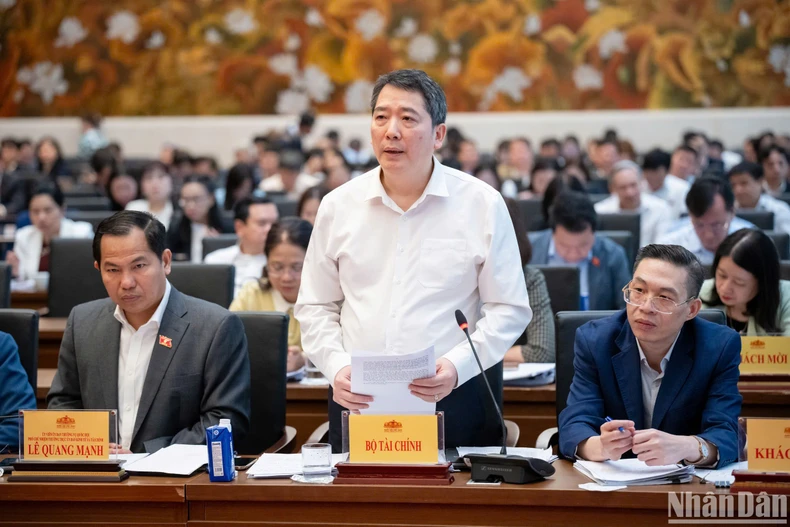
Deputy Minister of Finance Cao Anh Tuan explains and clarifies issues raised by National Assembly deputies. (Photo: DUY LINH)
Explaining and clarifying the issue raised by the delegates, Deputy Minister of Finance Cao Anh Tuan expressed his agreement with many opinions that the goal of special consumption tax is to regulate, adjust, and change consumer behavior. Regarding air conditioners, which were previously considered luxury goods, but are now popular and used by families, the drafting committee will work with relevant agencies to review and come up with appropriate regulatory plans.
Regarding gasoline, Deputy Minister Cao Anh Tuan affirmed that many countries still collect environmental protection tax and special consumption tax. Biofuels such as E5, E10... have lower tax rates to encourage biofuel. If the special consumption tax on gasoline is removed, he said, this issue will not be encouraged.
Source: https://baotuyenquang.com.vn/dai-bieu-quoc-hoi-de-nghi-khong-ap-thue-tieu-thu-dac-biet-voi-xang-va-dieu-hoa-nhet-do-208980.html


![[Photo] Prime Minister Pham Minh Chinh receives Swedish Minister of International Development Cooperation and Foreign Trade](https://vphoto.vietnam.vn/thumb/1200x675/vietnam/resource/IMAGE/2025/5/12/ae50d0bb57584fd1bbe1cd77d9ad6d97)
![[Photo] Prime Minister Pham Minh Chinh starts construction of vital highway through Thai Binh and Nam Dinh](https://vphoto.vietnam.vn/thumb/1200x675/vietnam/resource/IMAGE/2025/5/12/52d98584ccea4c8dbf7c7f7484433af5)



![[Photo] Prime Minister Pham Minh Chinh works with the Standing Committee of Thai Binh Provincial Party Committee](https://vphoto.vietnam.vn/thumb/1200x675/vietnam/resource/IMAGE/2025/5/12/f514ab990c544e05a446f77bba59c7d1)
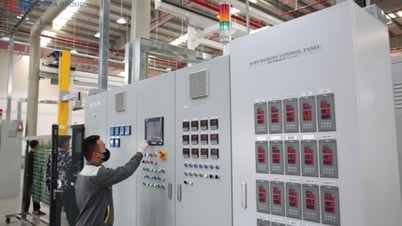
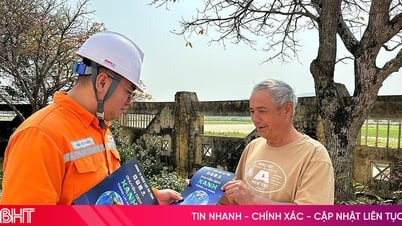

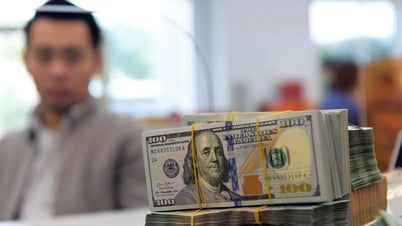

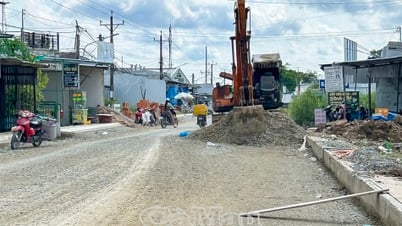





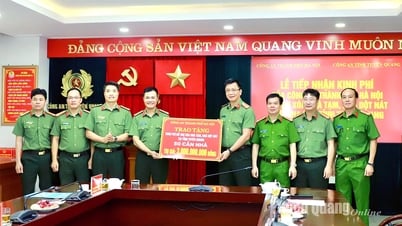
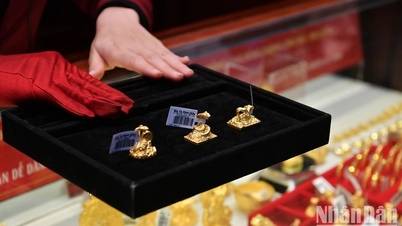
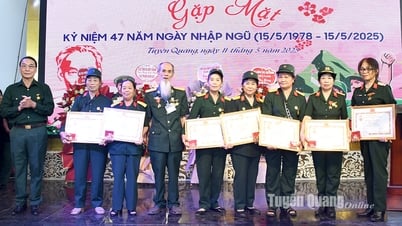
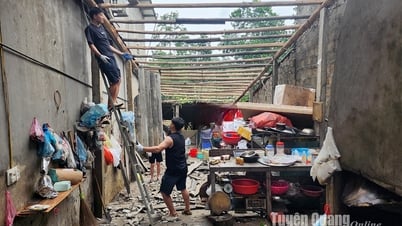
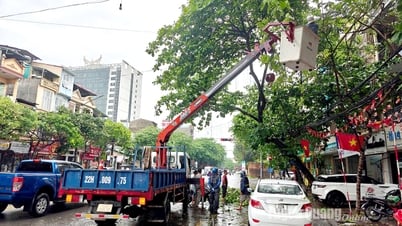




















































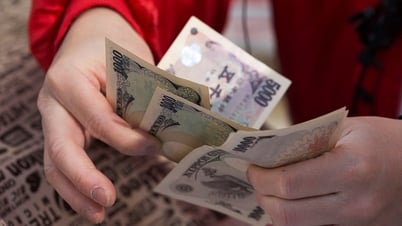
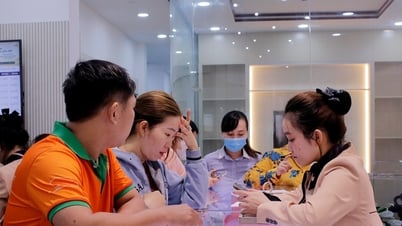













Comment (0)